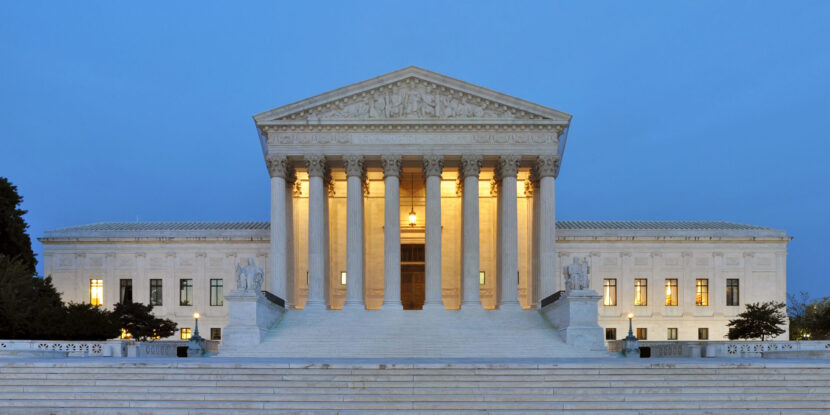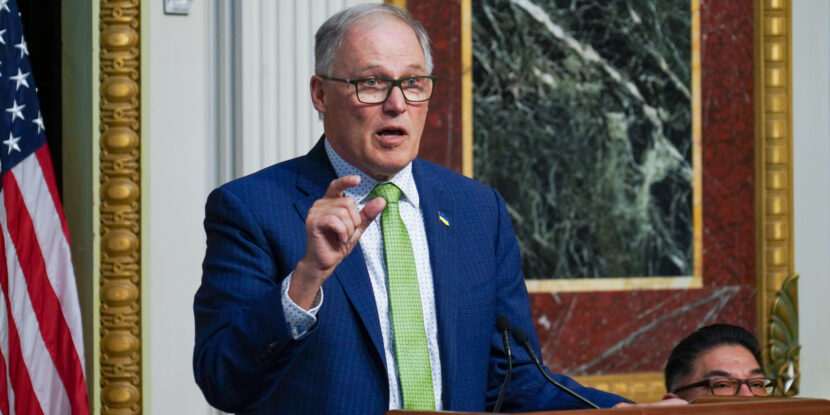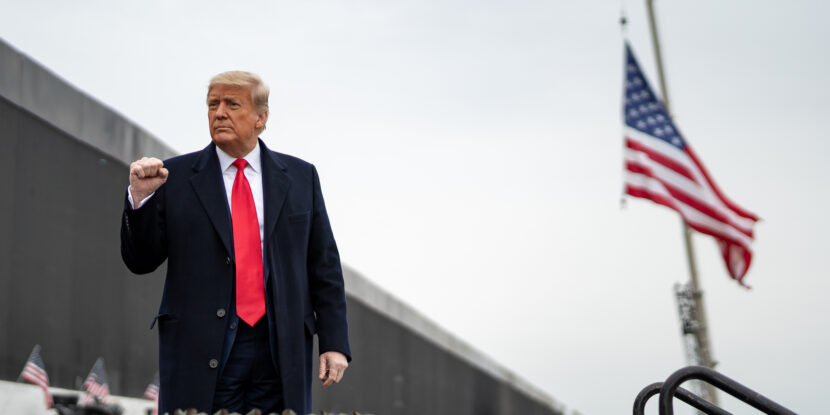❓WHAT HAPPENED: The United States Supreme Court heard arguments on Wednesday in Louisiana v. Callais, a potential landmark Voting Rights Act (VRA) case.
👤WHO WAS INVOLVED: Louisiana, the United States Supreme Court, lower federal courts, black voters, and Democratic Party-aligned advocacy groups.
📍WHEN & WHERE: Wednesday, October 15, 2025, at the U.S. Supreme Court in Washington, D.C.
🎯IMPACT: If successful, Louisiana v. Callais could see Section 2 of the VRA either diluted in terms of its scope of enforcement or declared unconstitutional altogether.
The United States Supreme Court heard arguments on Wednesday in Louisiana v. Callais, a potential landmark Voting Rights Act (VRA) case. Louisiana claims that its forced compliance with Section 2 of the VRA—a permanent, nationwide provision that bans voting practices or procedures that discriminate based on race, color, or language minority status—by federal courts resulting in a remedial congressional map is unconstitutional under the 14th and 15th Amendments.
Black voters and Democratic Party-aligned advocacy groups contend that a 2022 congressional map unlawfully dilutes black voting power by packing most black voters into one district (the 2nd Congressional District) while spreading the rest thinly across others, failing to create a second majority-minority district in the state where black residents comprise about 33 percent of the population. A three-judge federal panel agreed, ruling the map violated the VRA and the 14th Amendment’s Equal Protection Clause, and ordered a remedial map that created a second black-majority district—which critics argue lacks cogerence because of the geographic distribution of black voters.
Louisiana argues that the three-judge appellate panel’s order to create a second majority-minority district is forcing the state to engage in intentional stereotyping and race-based gerrymandering. Further, Louisiana contends that a race-based remedy should only be in response to intentional race-based discrimination.
Notably, Louisiana v. Callais seeks to circumvent pitfalls faced by Alabama’s challenge to the VRA in Allen v. Milligan. On June 8, 2023—in a 5–4 ruling—the Supreme Court ruled that Alabama likely violated the VRA, and upheld a lower court order that forced Alabama to create an additional majority-minority congressional district.
Additionally, the state contends in a previous case, Robinson v. Ardoin, that plaintiffs could only show that a remedial map creates a new Democratic majority district, but not necessarily a majority black voter district. This 1986 case, Louisiana argues, misapplies Thornburg v. Gingles—which set the standard for proving vote dilution claims under Section 2. The state said it believes that Gingles, as implemented in Robinson, creates constitutional problems as it subordinates neutral principles to race-based standards in redistricting.
If successful, Louisiana v. Callais could see Section 2 of the VRA either diluted in terms of its scope of enforcement or declared unconstitutional altogether. However, during Wednesday’s oral arguments, the high court’s liberal wing, along with Justice Amy Coney Barrett, appeared fairly unconvinced of the argument that Section 2 is unconstitutional, suggesting another narrow and limited decision is likely.
Join Pulse+ to comment below, and receive exclusive e-mail analyses.




















